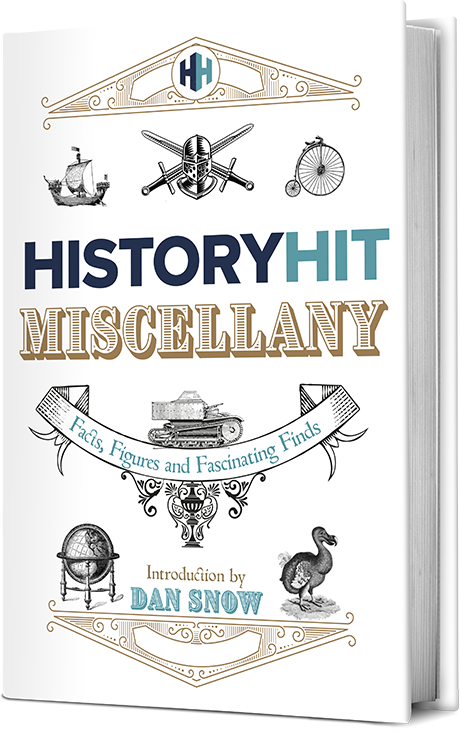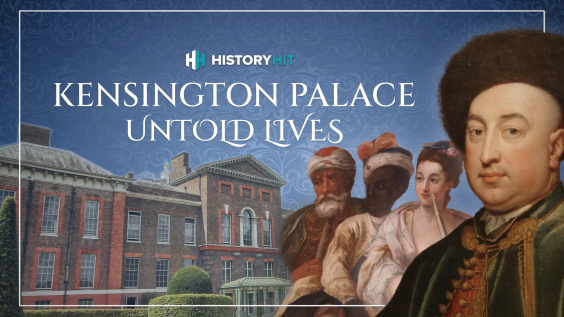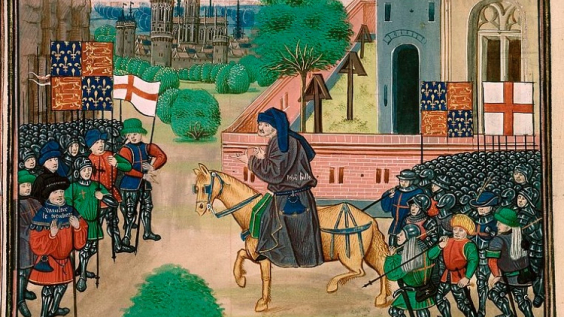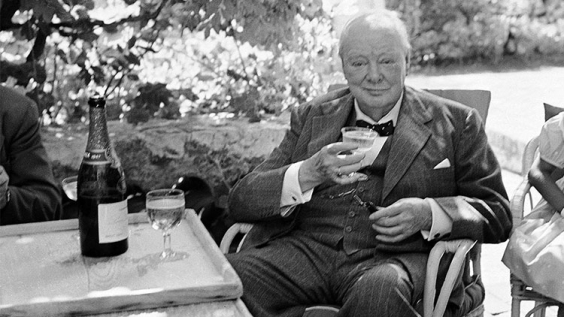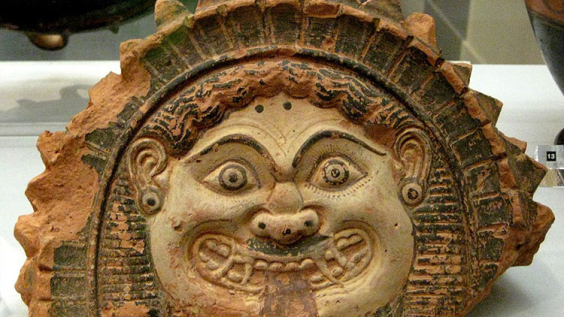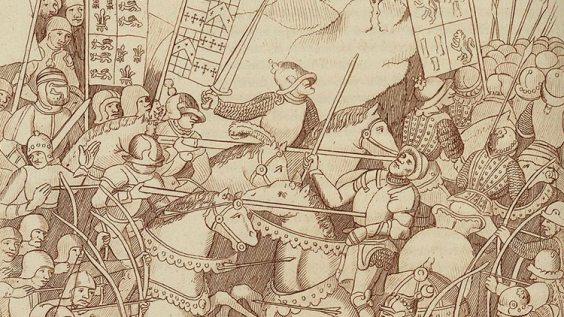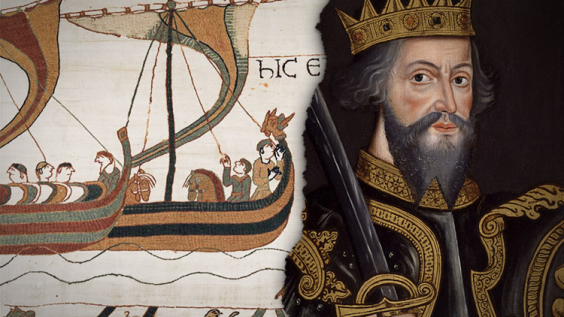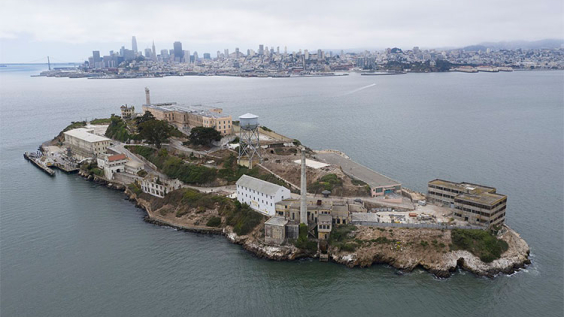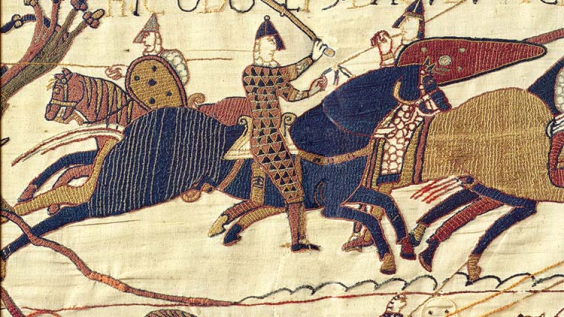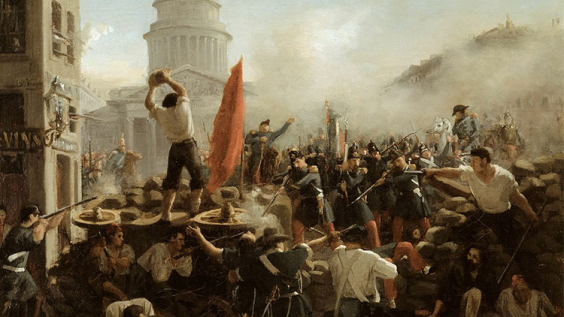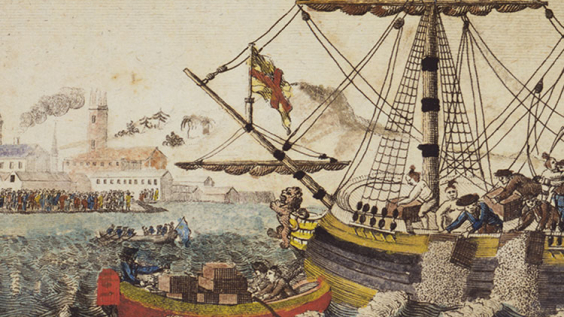
This article is an edited transcript of The Tudors with Jessie Childs, available on History Hit TV.
 Listen Now
Listen NowThe Spanish Armada is remembered as one of the great successes of Elizabeth I’s reign and played a significant part in establishing her reputation as a formidable ruler.
It’s notable, however, that Elizabeth’s part in the famous naval victory over Spain, was fairly limited.
The key thing that Elizabeth I did that her Spanish adversary, King Phillip II, didn’t, was allow her admirals to make decisions on the ground. Looking back, we can see the frustration of the Spanish generals and how they couldn’t get messages to Phillip in Spain quickly enough.
 Listen Now
Listen NowEqually it’s evident that Phillip II believed that his armada’s actions were predetermined, because it was God’s will and this is how it was going to happen. It was flawed strategy and it didn’t serve the Spanish well compared to Elizabeth’s approach of letting Sir Francis Drake and Lord Howard get on with it.
Where there aren’t proper communications and instantaneous ways of maintaining control in such situations, it’s important to appoint the right people, give them the right resources and let them get on with it.

William Cecil was a hugely influential figure during Elizabeth’s reign.
How important was Elizabeth’s stable of advisors?
William Cecil, Lord Burghley was one of the greatest statesman our country has ever had. He ran the show a lot of the time, or at least he worked very effectively alongside Elizabeth, and he could speak truth to power.
On the other hand, certain ministers were less straightforwardly positive influences. Francis Walsingham, her principal secretary, was a very interesting character. It’s often said that he was Elizabeth’s spymaster and he was certainly one of those people that, as a leader, you need to have around even if you don’t necessarily want to broadcast your association with them.
Walsingham got up to all sorts of shady espionage and entrapped Mary Queen of Scots in the end, monitoring her clandestine correspondence with Anthony Babington and exposing her approval of a plot to kill Elizabeth.
It’s important to remember Walsingham’s motivation though. He was in Paris in 1572, at the time of the massacre of St. Bartholomew’s day. He saw thousands of French protestants, the Huguenots, being massacred. Babies were killed and people were thrown into the Seine.
 Listen Now
Listen NowHe was there with his child and pregnant wife, so you can imagine the effect such an experience might have had on him and why he hated and feared Catholicism so much.
At the time of Mary Queen of Scots’s trial, Walsingham memorably said “God is my witness that as a private person I have done nothing unworthy of an honest man, and as Secretary of State, nothing unbefitting my duty.”
And then he said, “I protest before God that as a man, careful of my mistress’s safety, I have been curious.” Which is the most wonderful Rumsfeldian double language.

Sir Francis Walsingham, Elizabeth’s ‘spymaster’.
Ultimately, Elizabeth was probably wise to have Walsingham around, because he kept the state safe. On the other hand, there are people like Richard Topcliffe.
Topcliffe, who was very much Elizabeth’s appointment, was a priest hunter. He would go off and find priests, drag them out of their holes and he would torture them. He would even appear at their trials mocking them.
His letters to Elizabeth are interesting. He jokes about the way he plans to torture a priest, how he will hang him up by his hands like a trick at Trenchmore, which was a sort of very jerky, rustic kind of dance at the time.
Reading such letters, which were written directly to Elizabeth, it’s hard not to question her judgement a little bit.

